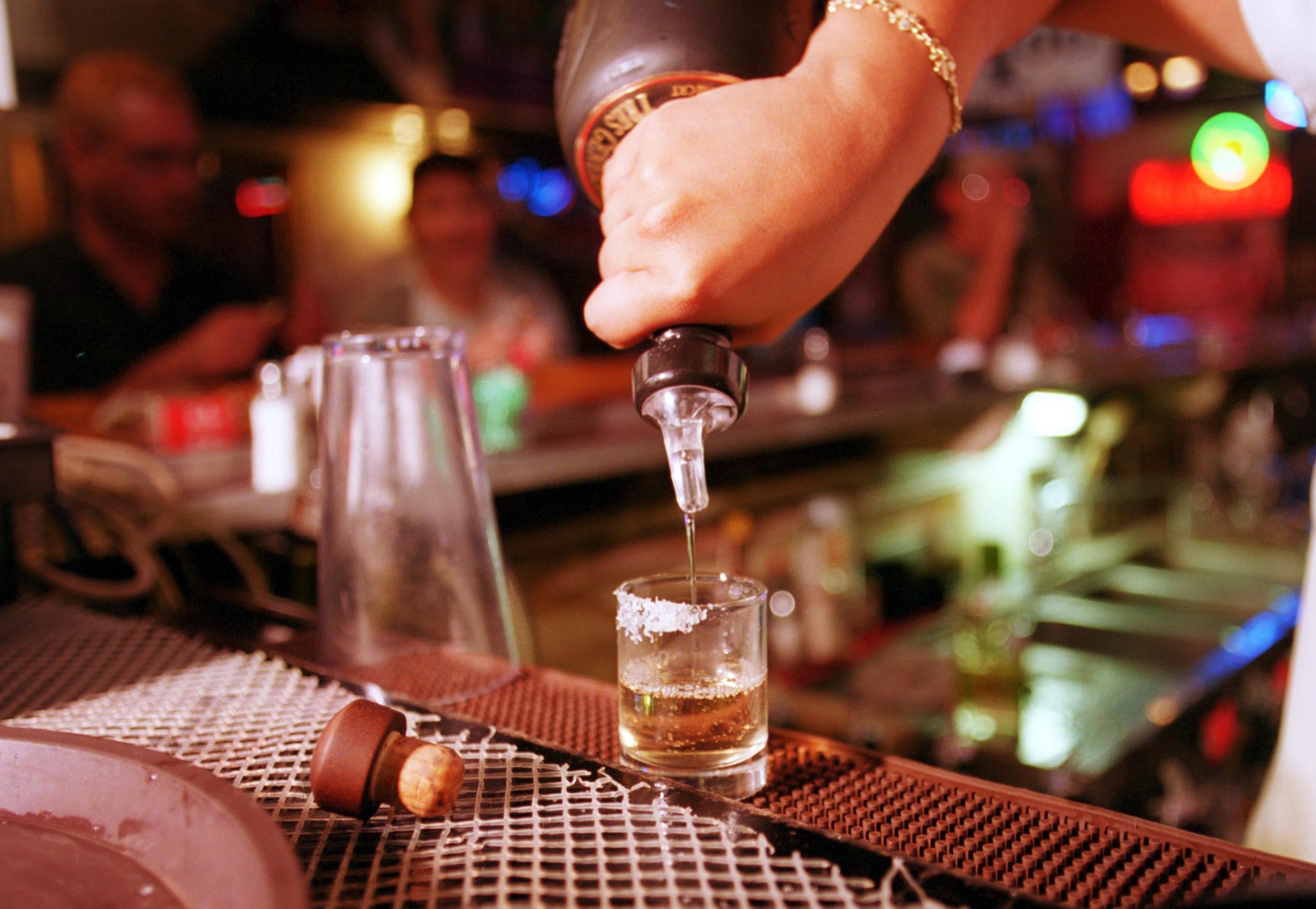Alcohol-related liver disease deaths among millennials increased 10% each year since recession, according to study
Young adults seeing greater increases in liver disease deaths than any other group, researchers say

Alcohol-related liver disease deaths increased among millennials in America more than any other age group in the years following the 2008 recession, a new study has found.
Researchers from the University of Michigan and VA Ann Arbor Healthcare System analysed hundreds of thousands of death certificates to track the rise in alcohol-related diseases between 2009 and 2016. The researchers focused on deaths caused by cirrhosis, a late-stage scarring of liver that is the end result of most chronic liver diseases.
In the seven years directly following the recession, the researchers found, people aged 25 to 34 years saw a 10.5 per cent annual increase in deaths related to cirrhosis – even as mortality rates due to other causes decreased. The increase was the largest of any age group, and was driven entirely by alcohol-related liver disease, according to the researchers.
The recession had a marked effect on so-called millennials, a group loosely defined as those born after 1980. Employment rates fell for young adults more than any other age group during the economic downturn, and student loan debt soared. In 2012, 36 per cent of millennials aged 18 to 31 were still living with their parents, according to the Pew Research Centre.
The researchers, however, weren’t quite ready to tie these economic setbacks to the increase in alcohol-related diseases.

"We suspect that there is a connection between increased alcohol use and unemployment associated with the global financial crisis. But more research is needed," said Dr Elliot Tapper, a researcher on the study and professor at the University of Michigan Division of Gastroenterology and Hepatology.
The researchers also examined late-stage liver disease deaths over a broader range of dates, from 1999 to 2016. They found that the cirrhosis-related mortality rate increased in all but one state in that period, with alcohol playing a major role.
Annual deaths from cirrhosis increased by 65 per cent in the US over that time period, while annual deaths from hepatocellular carcinoma – a kind of liver cancer often associated with cirrhosis – doubled to 11,073.
The increase in mortality rates hit whites, Native Americans and Hispanic Americans the hardest. Only one group – Asian Americans and Pacific Islanders – saw a decrease in mortality rates over the time period examined. Southern states like Kentucky, Alabama, and Arkansas were especially hard-hit.
The pattern is especially heartbreaking, the researchers said, because alcohol-related liver disease is entirely preventable. Previous studies have shown higher alcohol costs are linked to decreased alcohol-related deaths. The researchers suggested solutions like raising taxes on alcohol or setting minimum prices for drinks to reduce mortality rates.
"The rapid rise in liver deaths underscores gaps in care and opportunities for prevention," said Dr Neehar Parikh, the co-author of the study and liver specialist at Michigan Medicine.
"Each alcohol-related death means decades of lost life, broken families and lost economic productivity," Mr Tapper added.
Join our commenting forum
Join thought-provoking conversations, follow other Independent readers and see their replies
Comments
Bookmark popover
Removed from bookmarks